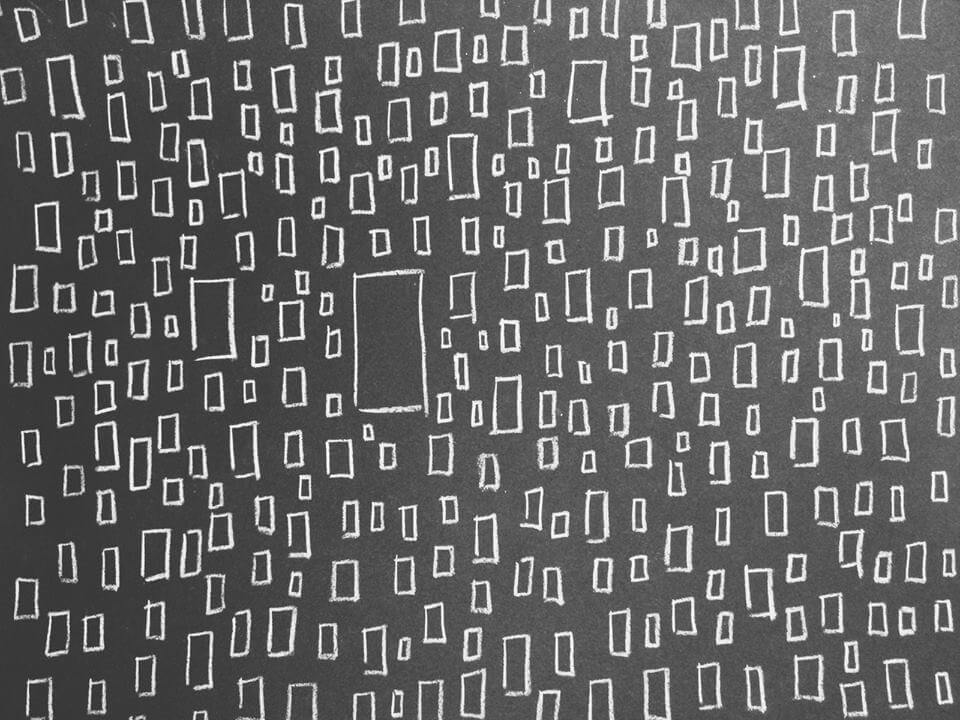Who Invented Ethics?

Who invented ethics? As usual, Dante has a compelling answer.
In the eighteenth canto of the Purgatorio, Virgil discourses on free will. He claims that all men have “a counsellor-power innate/ Set [at the cusp of the will] to guard the threshold of assent” so that all the awful inclinations which bubble up from the subconscious do not control a man. The “counsellor-power” (which Sayers refers to as “the Censor” in her notes) is free will, man’s ability to do good or evil. The will is ultimately free and no instinct or outside power is sufficient to override man’s final autonomy. Virgil continues:
This is the principle to which relate
All your deserts, according as its fan
Is strict to purge right loves from reprobate.
Man is only capable of “deserts” because of this “counsellor-power,” which vouchsafes the justice (and non-arbitrariness) of moral cause and moral effect.
They who by reasoning probed creation’s plan
Root-deep, perceived this inborn liberty
And bequeathed ethics to the race of man.
The men who by reason determined man must be free were the same one who taught man ethics. For Dante, ethics is the art of human liberty. The men who used reason to examine the human soul and discovered this “Censor,” this “counsellor-power,” intuited that the possessor of such a thing necessarily had particular obligations to other possessors of such a power.

Joshua Gibbs
Joshua Gibbs teaches online classes at GibbsClassical.com. He is the author of How To Be Unlucky, Something They Will Not Forget, and Blasphemers. His wife is generous and his children are funny.










